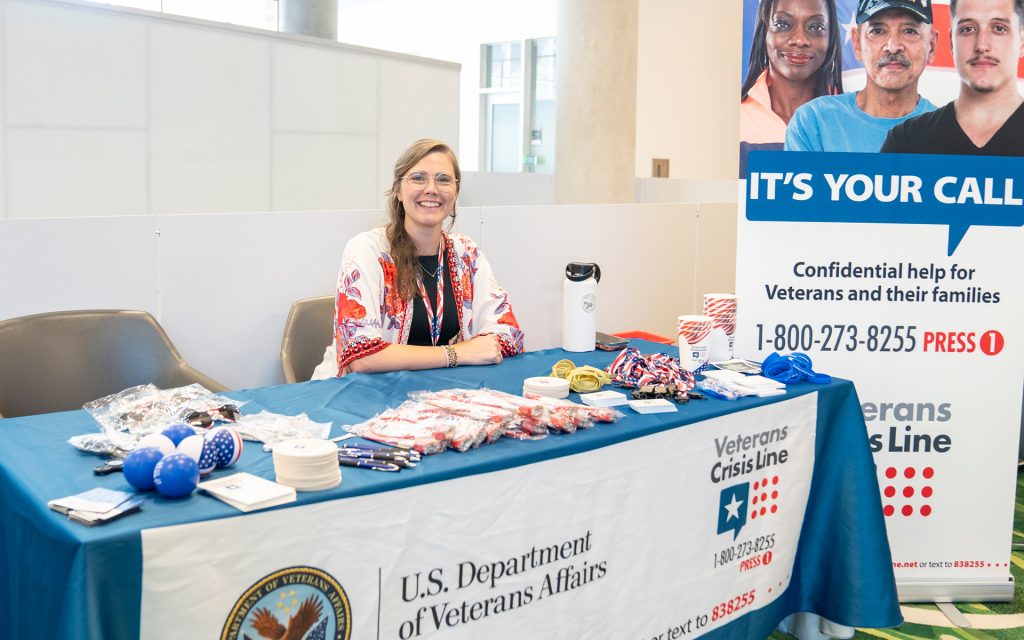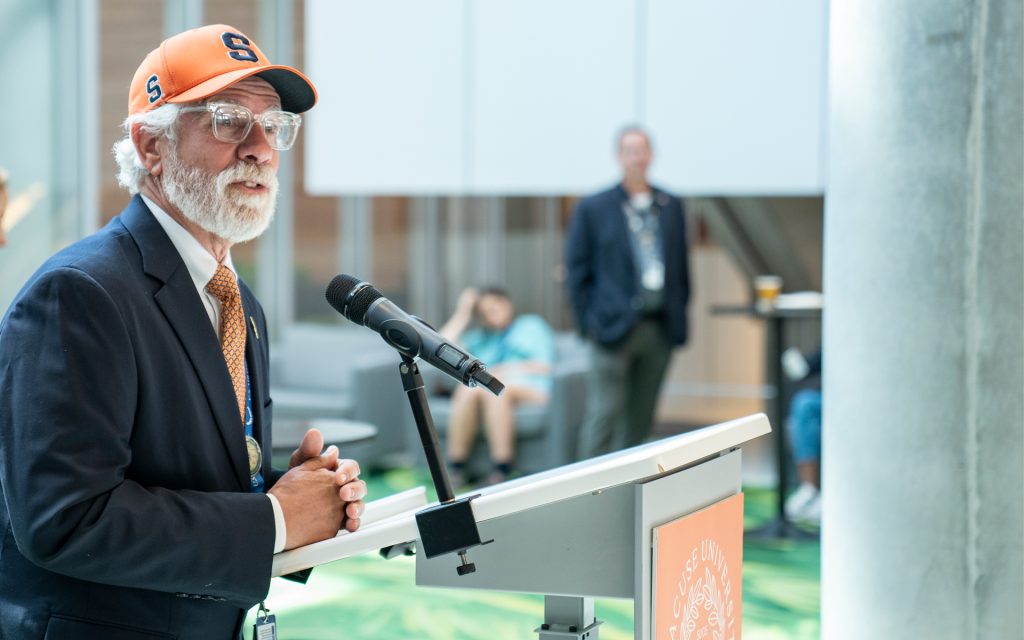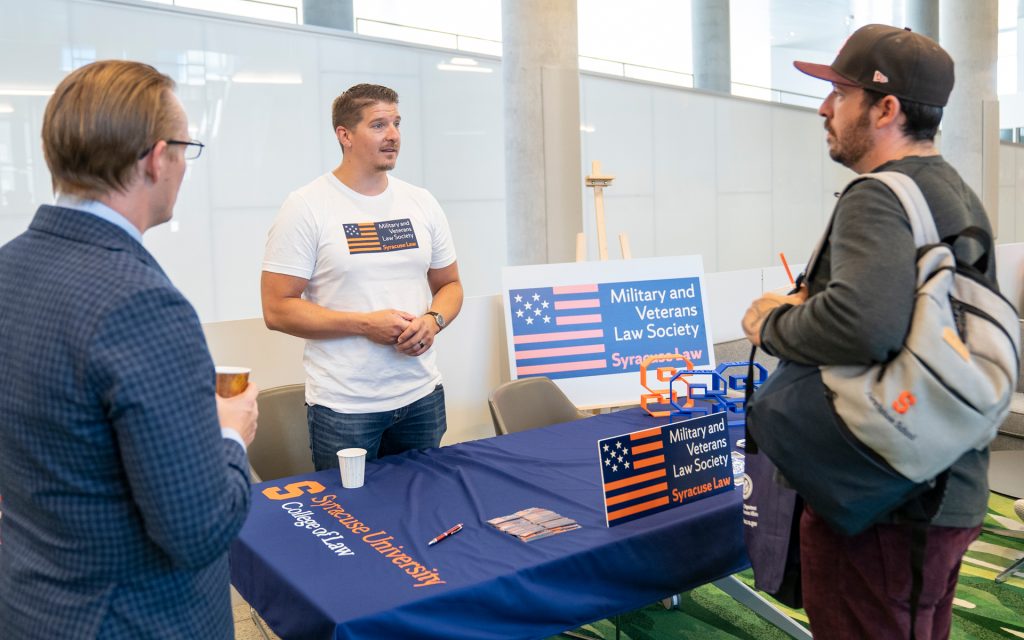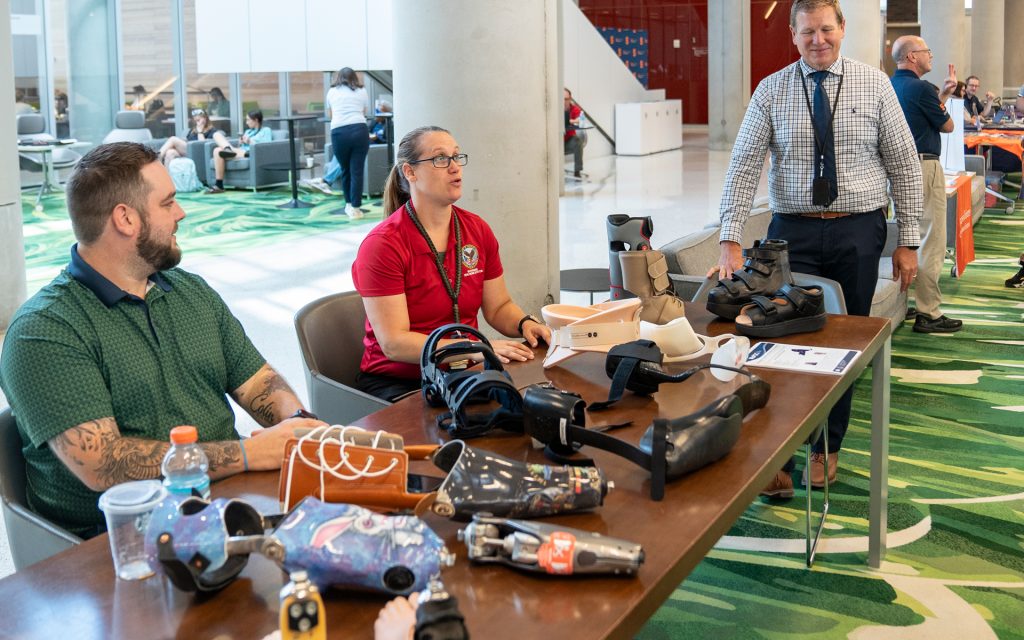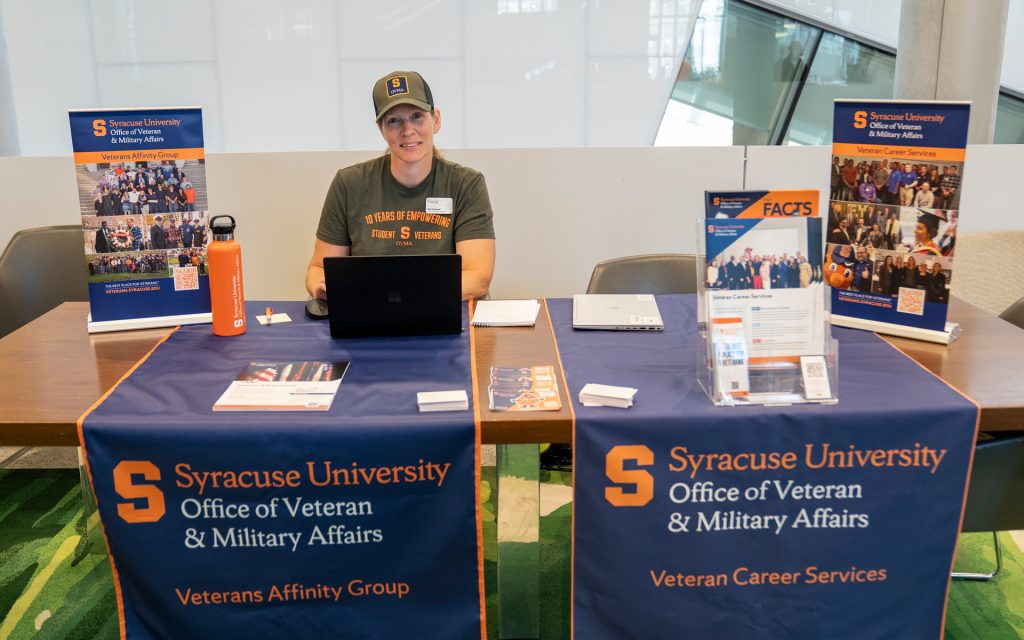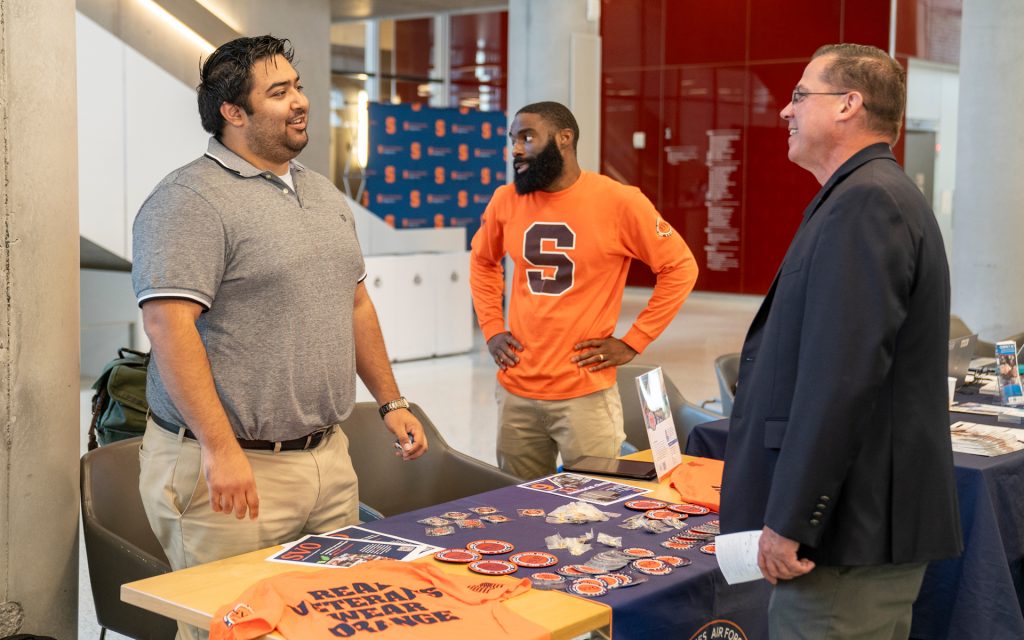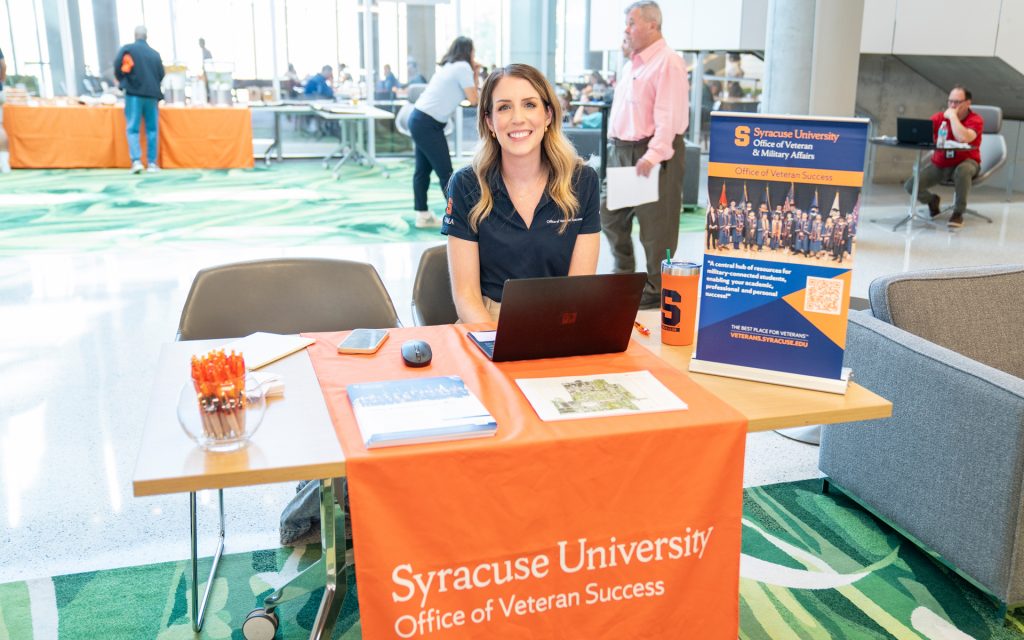The International House of Prayer-Kansas City (IHOPKC), admits a scandal involving sexual abuse allegations against its founder, has asked staff members and volunteers to sign a Non-Disclosure Agreement (NDA) prohibiting them from talking about “information they gain access to.”
In speaking with the Kansas City Star, Professor Gregory Germain, said all states have laws recognizing a “clergy penitent privilege” that renders conversations between ministers and those they counsel inadmissible in court. The purpose, he said, is to allow pastors to provide spiritual guidance without being afraid they’ll be summoned to testify against the penitent.
One example is the confidentiality of confession, which has been subject to special confidentiality and legal protection for centuries, Germain said.
“The law, and these confidentiality traditions, are to protect the member and the free flow of information and advice between the clergy and the member, and not to cover up wrongdoing by the church administration,” he said. “There is, of course, a big difference between protecting confidential communications with members and covering up abuse or other crimes committed by the clergy or administration.”
Germain said the language in IHOPKC’s non-disclosure agreement that focuses on keeping member information confidential is consistent with the clergy penitent privilege. But the language that claims any other information that an employee or volunteer might learn, including information about other employees, he said, “seems overly broad and vague, and I suspect would be hard to enforce.”
NDAs that would prohibit workers from complying with the law, disclosing information about criminal acts to authorities, or answering questions about wrongdoing in legal proceedings, Germain said, “would likely be invalidated on public policy grounds.”
“So I don’t think they will be able to use this NDA to prevent a criminal investigation into wrongdoing or to cover up criminal acts if that’s what they are trying to do,” he said of IHOPKC. “However, it might be effective in preventing employees and volunteers from talking to the press even if the provisions were unenforceable on public policy grounds.”
The full article is behind a paywall.


